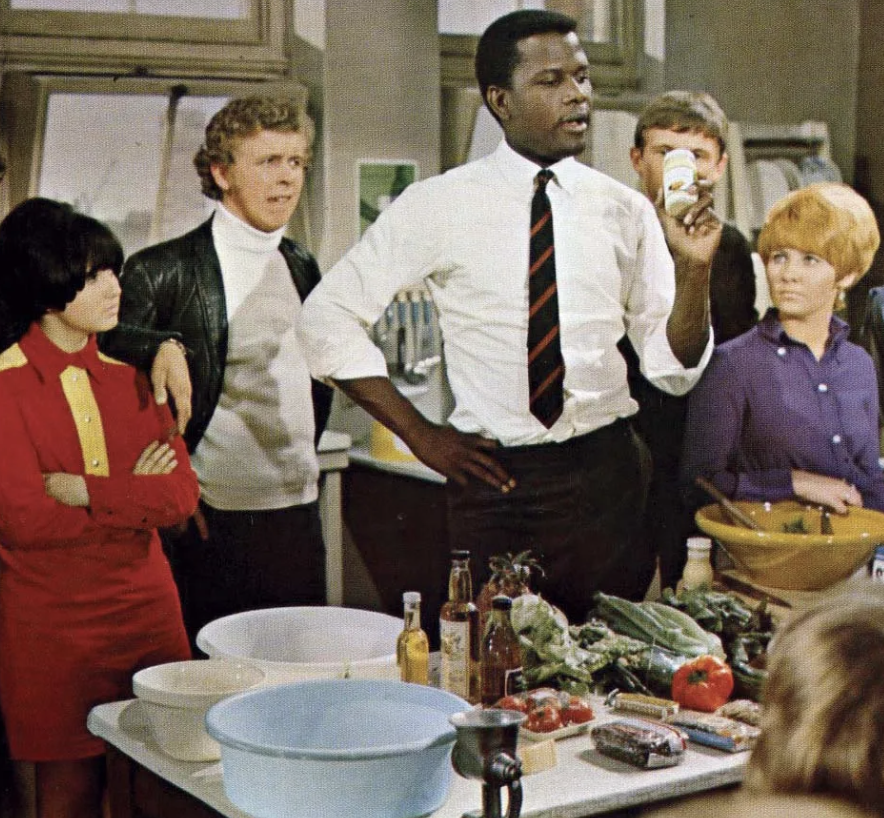
Our September article (“The best ALT in Japan – Take a bow”) has has resulted in hundreds of responses from around the world. Never did any of us imagine just how much interest there is in teaching in Japan. In order to try to satiate readers’ curiosity, we have asked Kilbey Wilson-Piper to address a selection of quality questions, and he has readily agreed to respond. So, without further ado, it’s over to you guys…
Latifa Malik: How does it feel to be so privileged, a white man from a G7 country being able to easily move to another G7 country and smoothly get a cushy job?
KWP: My goodness. Try having my upbringing. I dare you. And try growing up with such a miseducating mainstream media. I didn’t know what a poppadum was until I was twenty, and I didn’t know that “soccer” was actually known as “football” in most other countries. I still haven’t had the opportunity to drink ginger beer. All those years reading Enid Blyton books and having no idea that ginger beer was just a soda. I thought those British kids were getting hopped up after eating ice cream.

Angelina Scuderi: ALTs are not teachers. Full stop. They are legally not allowed to teach, design or give any input whatsoever. Lazy Japanese teachers dodging responsibility have led to people misunderstanding what the job is.
The ALT program is about exposure, nothing else. Your job as an ALT is to be a friendly foreigner. A marketing project to make foreign language and, most importantly, foreigners less scary so kids may be more inclined to study. All they want is for a small percentage of students to say, “Hey, English is kind of cool and foreigners aren’t scary,” so they go on to study English in the future. The goal is definitely not to teach English.
KWP: Don’t say that, please. There is a wide scope for the job definition. Let me just say that I am a teacher. Students only see me with the expectation that they are going to learn something.
Krystal Hastings: Do you enjoy the full confidence and cooperation of the Japanese teachers with whom you teach?
KWP: Good Question! I’d like to answer in the affirmative, but there are some teachers who change lesson plans unilaterally which makes me look like a schmuck sometimes. I find that unforgivable. I have a file of lesson plans which I’ve developed over the years. These plans have saved so many Japanese teachers over the years when they’ve been out of ideas. Occasionally a teacher will try to “borrow” my plans, but I’m not having that; they’re for me and my students only.

Tiffany Greenidge: Are you like one of those dorky white guys who can barely look after themselves and end up with a Japanese woman who kind of adopts them as their husband, and the only thing that you’re qualified to do in Japan is teach your mother-tongue?
KWP: Oh please… I’m all about style and culture, and I often receive compliments from people around me. I use no less than eight bathroom products before I step out of my house in the morning. As for qualifications, I’ll just let you know that I worked as a junior records officer for my state’s land administration office for six years prior to coming to Japan.
Jasmine Knowles: How much does it bother you that you have to take orders, or at least directions, from someone who has just graduated from university?
KWP: You’re assuming that I’m bothered by that!? Let me tell you that I am part of the mentoring process for these graduates. I’m usually teamed up with them because faculty leaders know that I can take the rookies under my wing and nurture them further. What people like you need to understand is that there is pride and respect in any job, but that all depends on the pride and respect that you bring to it. I find it sad that you’d expect me to be bothered by the age/seniority diametric in which I work, a diametric which is perhaps more common than you think.

Amber Portendorfer: Do you have any friends in Japan?
KWP: No, I don’t, but I think friendship tends to be overrated. I once had a couple of friends here, but I had to greatly lower my standards to accommodate them. One was Australian and the other was English. They were both hopeless drunks who spent all their time trying to pick up. It was embarrassing when we ordered at the izakaya because they’d both be trying to chat up the waitresses. They were complete clowns but they would simply lie their way into women’s panties. One would always say he was a film producer while the other would say he was an importer. They both had a lot of success using that strategy. I’ve always been too honorable to do that sort of thing. Where are those guys now? I think they both live with their parents back in their hometowns.
Roxy Nithercott: I’ve heard that many ALTs are just perverts who like being around teenage girls in cute uniforms. So, are you one of those types who are just out to satisfy their uniform fetish?
KWP: Unbelievable! Would you ask a doctor or a pilot a similar question?
Tiffany Rummage: Do you go onto the roof at lunchtime in the hope that you’ll be able to see two teenagers making out?
KWP: Oh, for God’s sake! I am a professional, and I’m here to answer questions about career development and living in Japan. Some of these questions seem to have been written by fourteen year old boys taking a break from beating off.

Dominique Raynott: What kind of experience is necessary to become a good language teacher?
KWP: To me, experience is a small suitcase like the one that Audrey Hepburn carried with her in “Paris When It Sizzles”. What’s in that little suitcase? Everything. Your childhood is in there. Your family is in there. Students don’t want to find out about those things, but they want to soak up your wisdom and techniques that have come from the contents of that little suitcase. To come back to your question, all kinds of life experience is necessary to become the best teacher you can be. Go to South Sudan and live in a refugee camp for a few months. Live in a Kibbutz and fall in love with a man who’s older than your dad. Hitch-hike from one end of Mexico to the other, and then hitch-hike back again, while eating the food at roadside stalls. Don’t forget to pack all of these experiences into that little suitcase of yours.
And that’s where we’ll end this Q&A session. Thanks to all of you for your well-considered questions.








